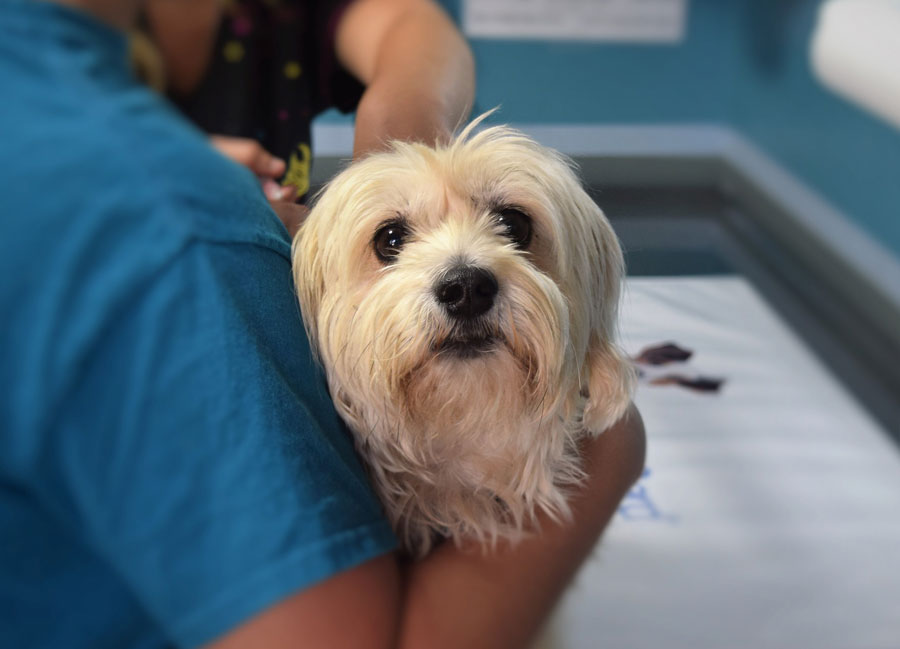in Vets
Microchipping & Scanning of Dogs in the UK
Microchipping and the Law
Since April 2016, it has been law for all dogs in the UK, over the age of 8 weeks old, to have a microchip. This legislation has been created to make it easier for lost or stolen pets and their owners to be reunited. It also helps to identify dogs that may have been involved in an incident or accident of some kind.
The dog owners name and contact details are stored alongside the microchip number on a database. Anyone who doesn’t have their dog microchipped faces a fine of up to £500.
Dog owners must also ensure that their pet is registered on one of the following government-approved databases:
Animal Tracker
Identibase
MicroChip Central
MicroDogID
National Veterinary Data Service
Pet Identity UK
Petlog
ProtectedPet
Smartchip
UK PETtrac
It is also the dog owner’s responsibility to ensure that their contact details are kept up-to-date on these databases. Unfortunately, a number of dog owners forget to do this, increasing the risk of never being reunited with their beloved pet should it become lost or stolen.
In the event that a dog has a new owner, this must be recorded along with any change in the dog’s name, with the database on which the dog’s details are recorded. The dog breeder will be the first person responsible for microchipping a dog and must be recorded as the first keeper. If the breeder offers to chip and register the puppy firstly in the new owners name, they are breaking the law.
Responsibilities of the Vet
There is currently no statutory obligation in the UK for a vet to scan a dog each time it brought into a practice, although the British Veterinary Association recommend microchip scanning of pets on the first presentation to a veterinary practice, and noting the microchip number in the clinical record.
There is also no obligation for a vet to check the microchip number against the databases. In the case of an ownership dispute, vets are advised to follow the Royal College of Veterinary Standards Guidance on ‘Microchips, microchipping and animals without microchips.’ They should also do so, if upon scanning, the information contained on the database differs from that which the dog owner has provided to the vet.
It is not the responsibility of the vet to ensure that a dog is microchipped, however the vet should make it their responsibility to ensure the keeper is aware of their obligation to have their dog microchipped and the benefits of doing so. There is also no legal requirement for the vet to notify the local authorities if a dog owner chooses not to have their dog microchipped.
The Veterinary Medicines Directorate launched a Microchip Adverse Event Reporting Scheme in April 2014, in order to monitor chip migration and reliability and are used to help identify individuals who may be improperly implanting microchips.
Local authorities may pursue prosecution in the event of failure to report an adverse microchip reaction, however the Department for Environment, Food and Rural Affairs will not usually pursue prosecution unless unless there is evidence of systematic failure.
More information for vets regarding microchipping here.

